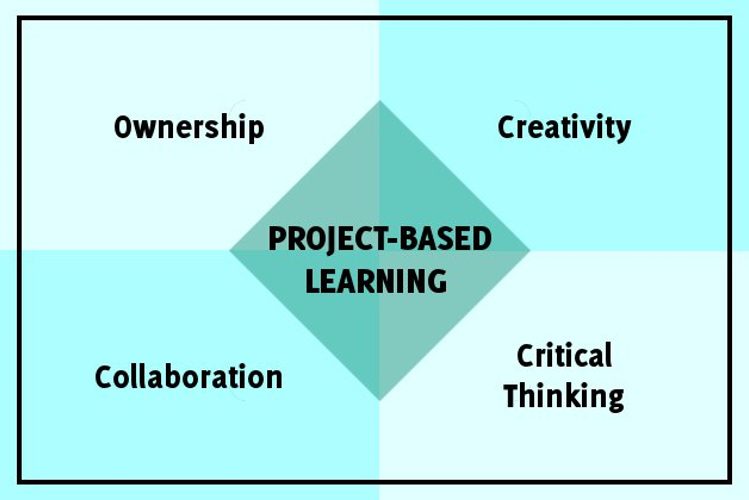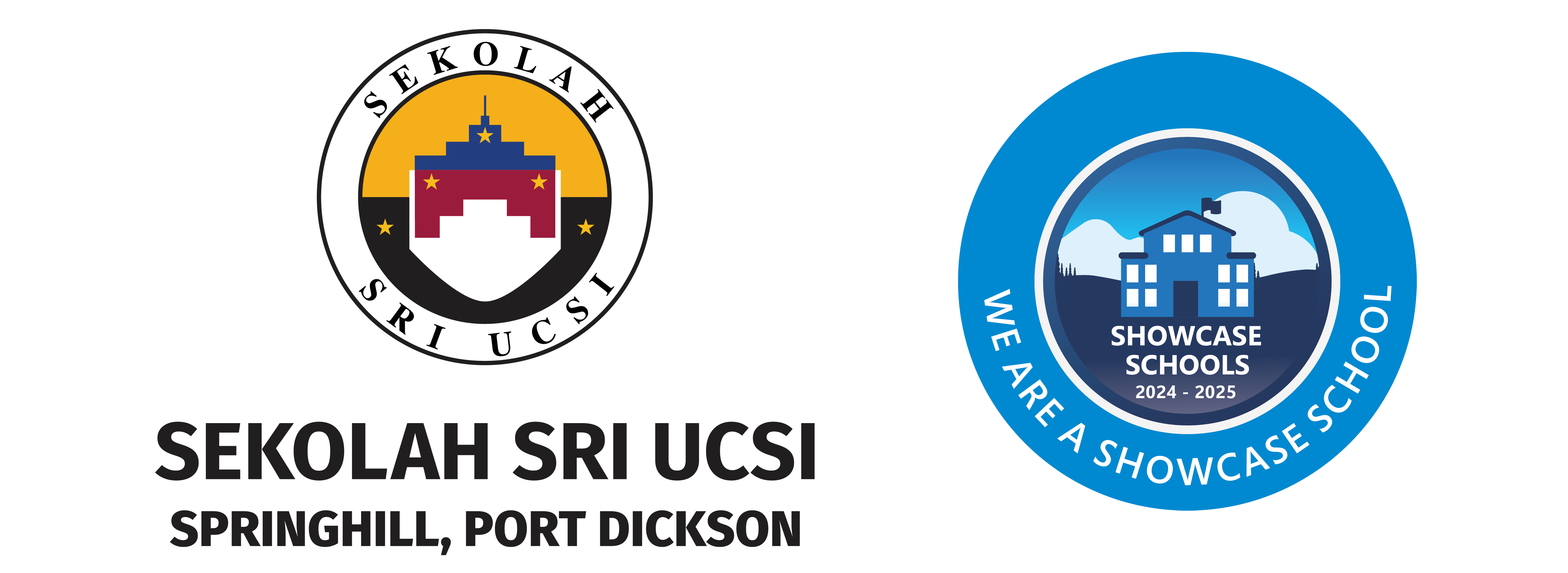
Sekolah Menengah Sri UCSI Springhill (The Secondary School) offers the Kurikulum Standard Sekolah Menengah (KSSM) from Form 1 to Form 5 that will lead to the Pentaksiran Tingkatan Tiga (PT3) examination in Form 3, and Sijil Pelajaran Malaysia (SPM) examination in Form 5. The increased proportion of Higher Order Thinking Skills (HOTS) content in the curriculum as well as in the summative assessments have gradually brought about a shift from recalling in learning to critical thinking that will prepare the learners for global competition.
We are committed to educating our children to be active and independent learners in the acquisition of knowledge and skills in an international setting, within a safe and conducive environment. While academic excellence in public examinations is a vital aspect of learners’ success, we also conduct ongoing formative assessments that are used to gauge learner’s progress. Assessment for Learning is an integral part of learning which enables close monitoring of learners’ attainment based on the learning standards. From this, learners become more engaged and independent in their learning. In preparing for learners of the 21st century, we offer a range of subjects at the Secondary level.
The subjects offered at the Secondary level are:
- Bahasa Melayu
- English Language
- Chinese Language
- Science
- Biology
- Chemistry
- Physics
- Mathematics
- Additional Mathematics
- Basics in Computer Science (ASK)
- Design and Technology
- Accounting
- Economics
- Islamic Education
- Moral Education
- Art
- History
- Physical and Health Education
In Sekolah Sri UCSI Springhill, we are committed to providing a wide range of activities that are differentiated and learner-centred, making the learning process in our school fun, meaningful and purposeful.
Malaysian National Curriculum (KSSM)
Lower Secondary Level (Menengah Rendah)
A Malaysian National Curriculum offered by the Ministry of Education (MOE) with Malay language as main language of instruction for learning. The curriculum is known as KBSM Revised (Kurikulum Bersepadu Sekolah Menengah Semakan) has replaced the old curriculum (KBSM) since 2003. Learners will follow the curriculum for three years from Form One to Form Three.
Before progressing to upper secondary level, Form Three learners will sit for the Form Three Assessment (Pentaksiran Tingkatan Tiga, PT3) that replaced the lower secondary assessment (PMR) since 2014. Written tests cover seven (7) subjects including Malay Language, English, Science, Mathematics, Islamic Education, Living Skills and Chinese Language. History and Geography would be assessed via assignments, practical tests, projects, field study and case studies.
The aims of the lower secondary level education are to equip learners with a strong foundation of language, science knowledge, mathematics skills and other supporting subjects that are in line with the goals of the National Philosophy of Education which seeks to optimise the intellectual, emotional and spiritual potential of learners.
Upper Secondary Level (Menengah Atas)
A Malaysian National Curriculum offered by the Ministry of Education with Malay language as major language of instruction. The new curriculum known as KSSM (Kurikulum Standard Sekolah Menengah) will replace the old curriculum (KBSM) starting in 2017. Learners will follow the curriculum for two (2) years from Form Four to Form Five.
The learners are prepared to sit for Sijil Pelajaran Malaysia (SPM), or the Malaysian Certificate of Education which is a national examination taken by all fifth-year secondary school learners in Malaysia. It is set and examined by the Malaysian Examinations Syndicate (Lembaga Peperiksaan Malaysia). SPM is equivalent to the O-Level and is the second last public examination at the secondary school level before the entry into a tertiary level education at a university or other higher education institutions.
There are two streams that will be offered to learners namely Art Stream and Science Stream. The aims of the upper secondary level education are to equip learners with a strong skills of language, science knowledge, mathematics skills and other supporting subjects that is in line with the goals of the National Philosophy of Education which seeks to optimise the intellectual, emotional and spiritual potential of learners.
Cambridge Lower Secondary Curriculum
Sekolah Sri UCSI Springhill adds depth and substance to our curriculum by enhancing it with selected elements from the United Kingdom education syllabus. At the Lower Secondary level (Form 1-3), the Cambridge subjects taught are English, Mathematics and Science. Students do have the option to sit for the Cambridge Lower Secondary Checkpoint Tests in Form 3. The tests are marked in Cambridge and provide us with an external international benchmark for our students’ performance. Each student receives a statement of achievement from Cambridge.
International General Certificate of Secondary Education (IGCSE)
IGCSE is offered to only selected students in the Upper Secondary (Form 4-5) and the Cambridge subjects taught are Biology, Chemistry, Physics, Mathematics and English. Students will sit for the IGCSE examination by Cambridge Assessment International Education.
Assessment for Learning
Continual assessment is an integral part of learning which enables teachers to assess whether learners have acquired the learning standards taught. Formative assessment is conducted as an on-going process, while summative assessment is conducted at the end of a particular unit or term. Formative and summative assessments will be used to gauge learners’ performance.
- Internal examination in school (Mid-Year Examination and End of Year Examination).
- On-going assessment: PBS (School Based Assessment).
- Continual assessment: Mini tests
Project-Based Learning (PBL)
Project-Based Learning is a unique venture project involving uncertainties which are to be managed during execution. This project is capable to cater to the challenges of preparing students to solve the real-world problems rather than an essay or exam-based traditional classroom setting.

In Project-Based Learning, teachers make studying come alive for students. Students work on a project over an extended time – from a week up to a semester – that engages them in solving a real-world problem or answering complex questions. They demonstrate their knowledge and skills by creating a public product or presentation for a real audience.
As a result, students develop in-depth content knowledge as well as critical thinking, collaboration, creativity, and communication skills. Project-Based Learning unleashes contagious, creative energy among students and teachers.
Project-Based Learning typically is grounded by the following elements:
- Role-playing
- Real-world scenarios
- Blended writing genres
- Multiple reading genres
- Authentic assessments
- Authentic audiences
- Real-world expertise brought into the classroom
- Units that assess multiple skills
- Units that require research and comprehension of multiple subjects
- Student choice
- Collaboration
- Multiple methods of communication (writing, oral speaking, visual presentations, publishing, etc.)
These skills will help shape our students to become better leaders and thinkers in the future.
Secondary School Hours:
| Monday – Thursday | 8.00am – 3.30pm |
|---|---|
| Friday | 8.00am – 12.30pm |
| CCA | Monday: 2.00 p.m – 3.30 p.m (CCAs – Club/ Societies/Body Uniform) |
| Friday: 11.00 a.m – 12.30 p.m (CCAs – Games) |
